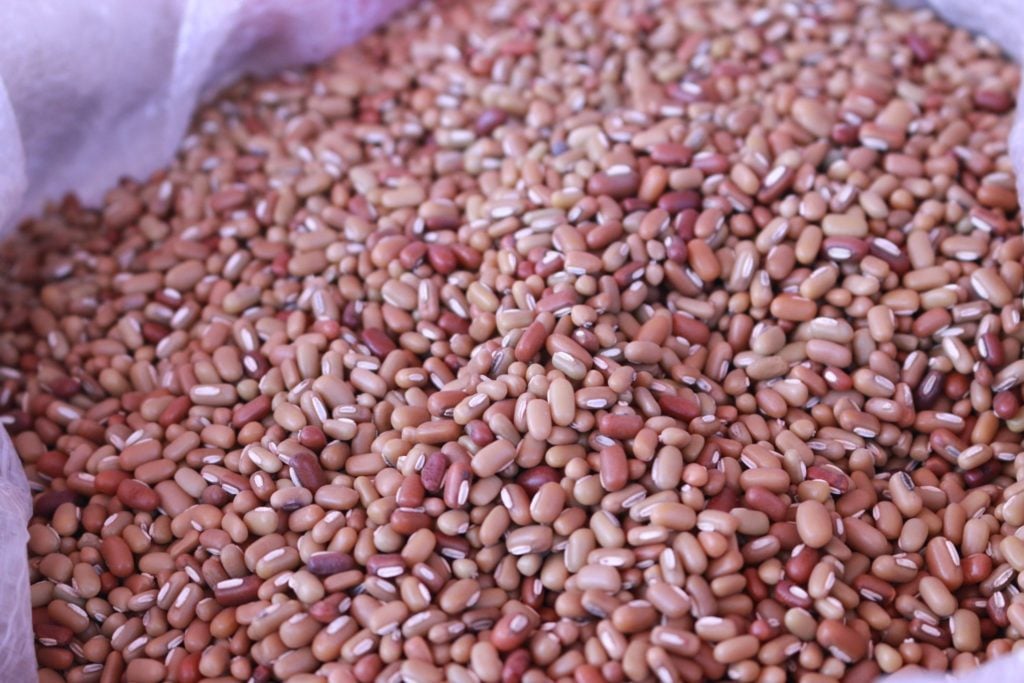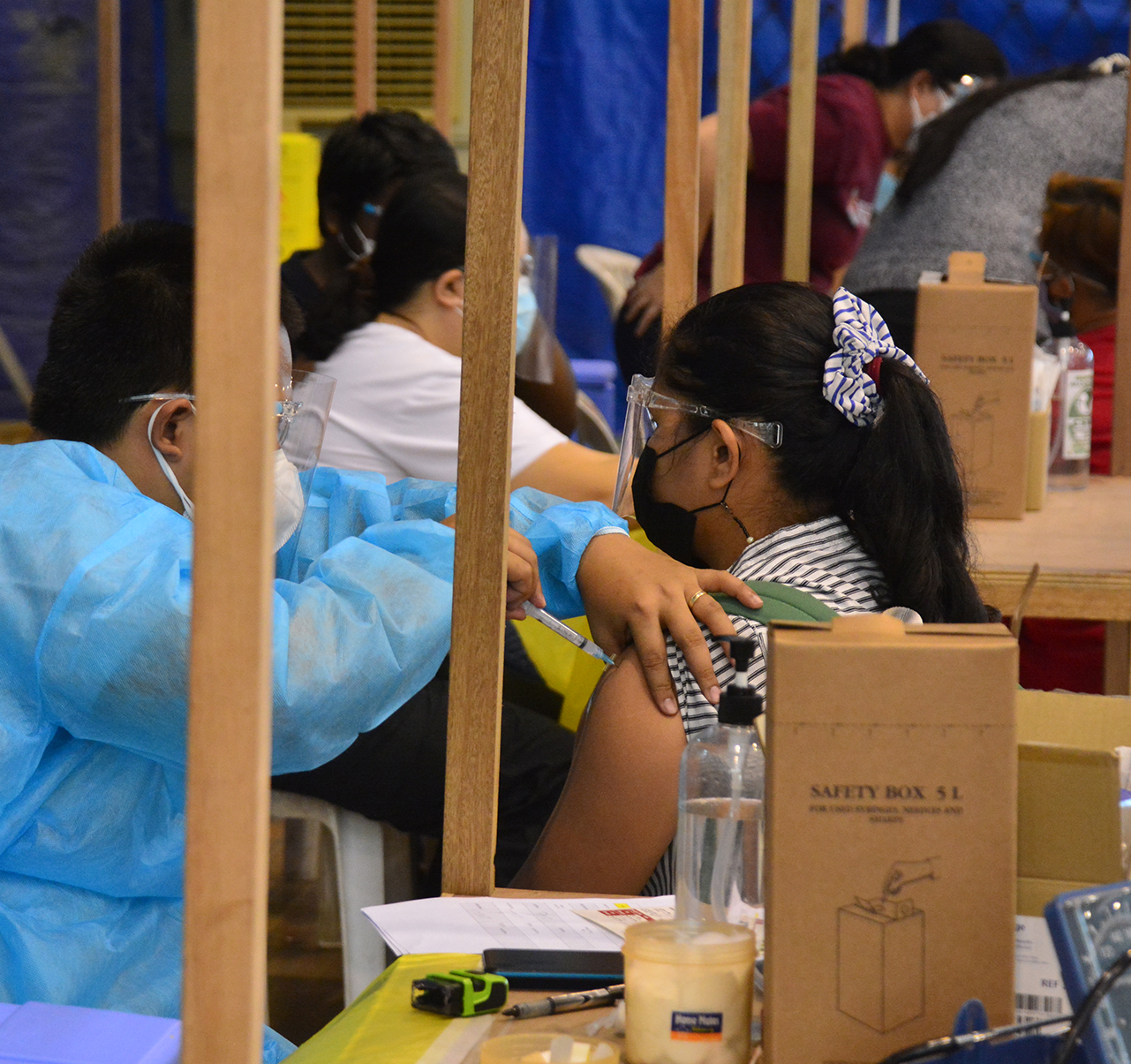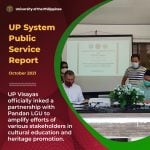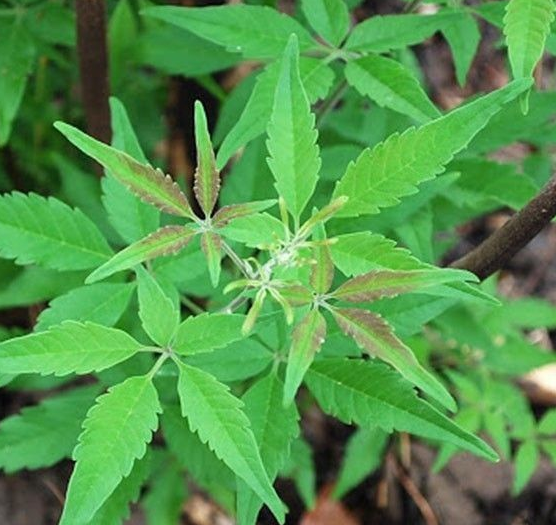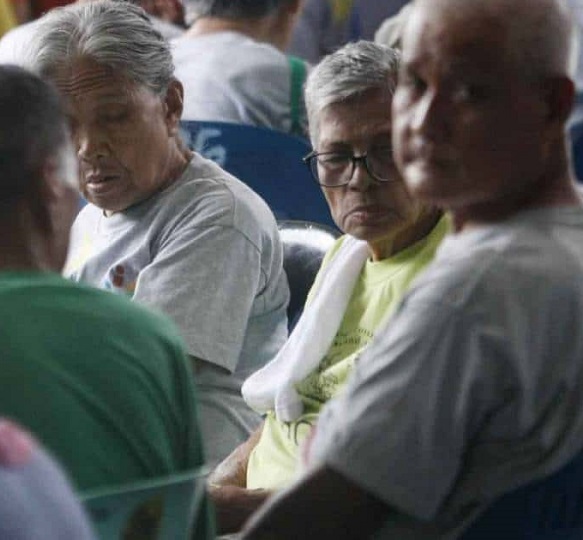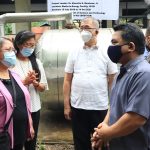Dr. Lorna E. Sister of the UPLB CAFS Institute of Crop Science leads the documentation initiative for indigenous vegetables which produced pamphlets containing information on “katutubong gulay” that are available all over the country.
Author: Padayon UP
UP Diliman reaches out to homeless individuals and survivors of gender-based violence and sexual exploitation to give them their COVID-19 vaccines at the University’s vaccination hub.
UP will be launching its alumni email registration portal on November 12, 2021.
With dosage limitations on virgin coconut oil due to its diarrheal effect, a University of the Philippines-Manila scientist leading the clinical trials on VCO as an adjunct cure for moderate to critical COVID-19 cases said that a study on the delivery using nasal spray or mouthwash is worth considering in the future.
This Monthly Bulletin highlights the different COVID-19 responses of the eight UP Constituent Universities and their involvement in various public service initiatives during the pandemic. It features the UP System Report on the CUs’ public service initiatives from October 1-31.
As the extension service arm of the University of the Philippines Los Baños-School of Environmental Science and Management (UPLB-SESAM), the Continuing Education and Training Division (CETD) conducted a short online course on Climate and Disaster Risk Assessment (CDRA) via video conferencing on 25 to 28 October 2021. Sixty-seven trainees from different agencies and organizations, such as the academe (18), national government agencies (15), local government units (11), non-government organizations (6), private organizations (12), and others (3) have successfully completed the short course.
According to researchers from University of the Philippines Manila who are conducting the clinical trial for the use of lagundi as herbal medicine in the management of mild COVID-19 cases, the plant brings “symptomatic relief” to patients without co-morbidities. Studies on the use of tawa-tawa as herbal supplement also yielded positive results.
The University of the Philippines Manila-National Institutes of Health, in partnership with the DOST-Food and Nutrition Research Institute, will be conducting research that will “determine the association of body composition with the functional capacity and quality of life of older persons in selected regions in the country.”
A new waste to energy (WTE) facility at UPLB is set to expand sustainable waste management research in the University.
The new facility held its soft launching on Oct. 20, which is an output of the project entitled “Establishment of a 25kW Waste to Energy Facility via Direct Combustion process for Municipal Solid Waste.” It aims to explore the potential of WTE technology in moving towards energy independence and environment sustainability for the country.
The University of the Philippines Open University (UPOU), in collaboration with the Commission on Higher Education (CHED), trained over 1,000 teachers on flexible learning through the capability building program “Gearing up for the Next Normal: Training of Teachers on Flexible Learning.” The newly trained teachers were also equipped to develop their own Teacher-Training Program to be the lead trainers of the said topic in their respective institutions.

